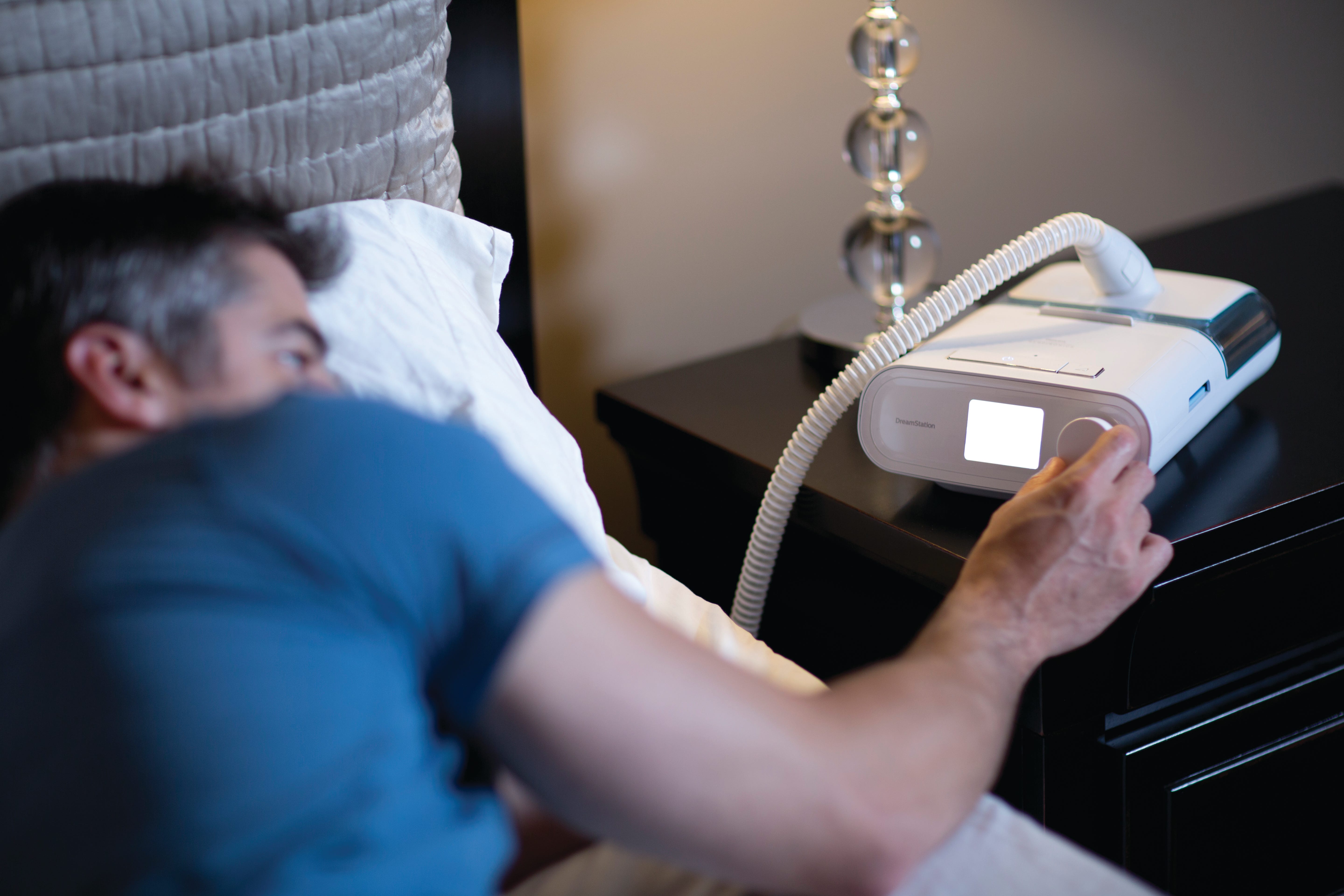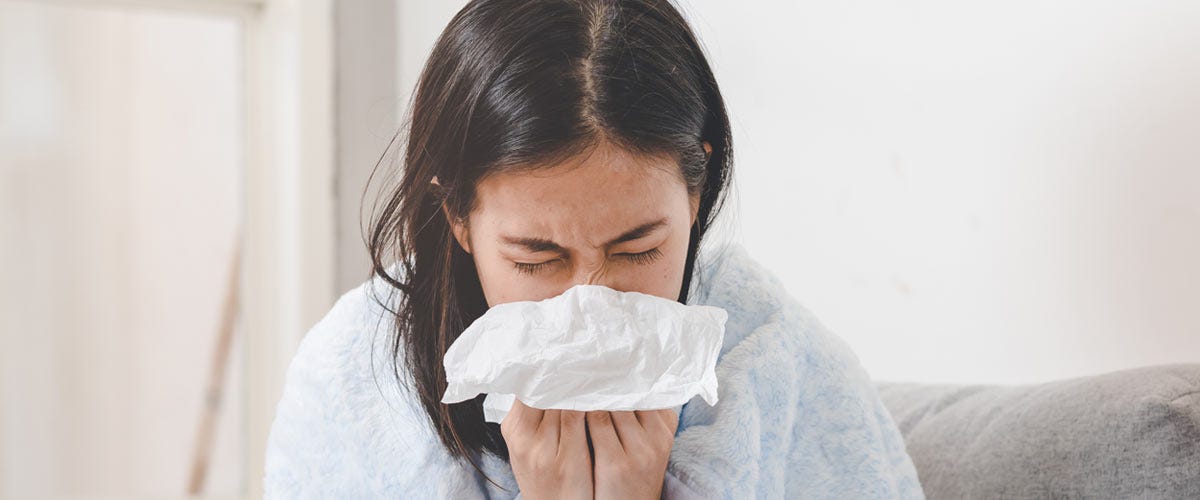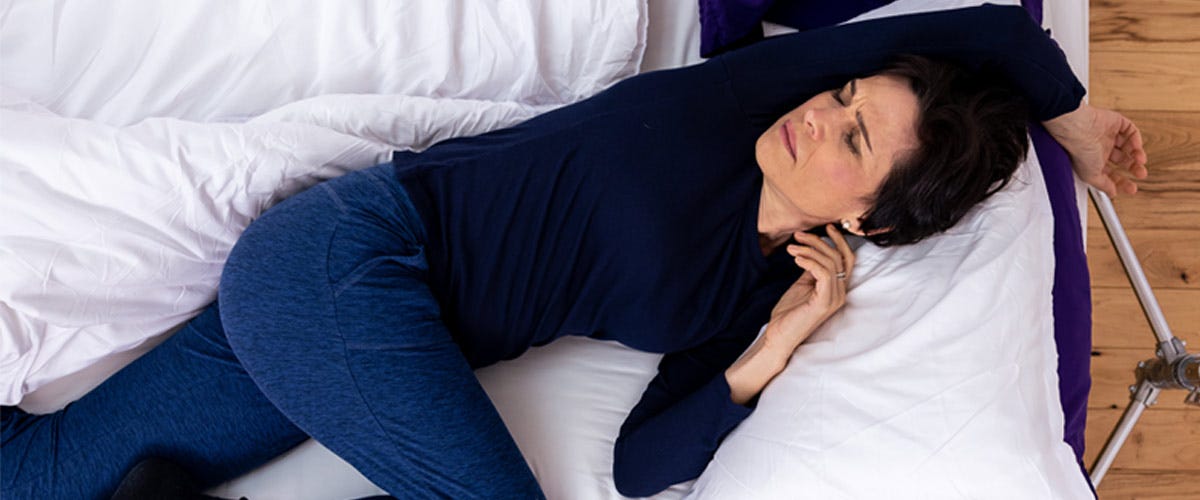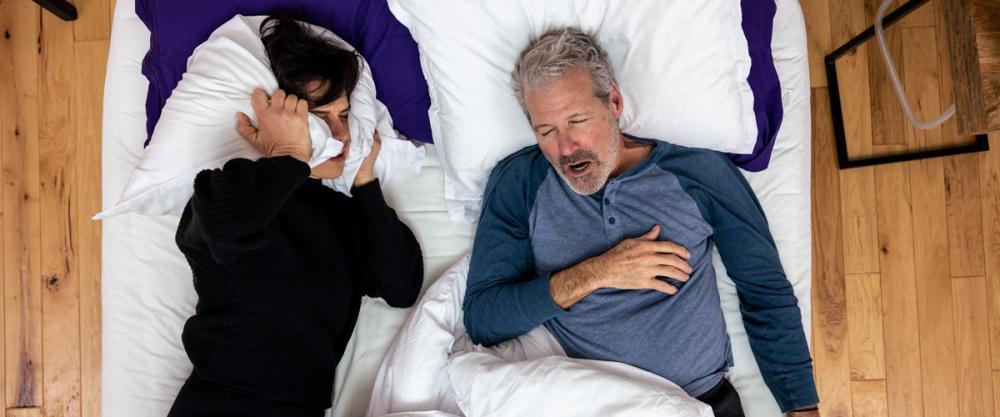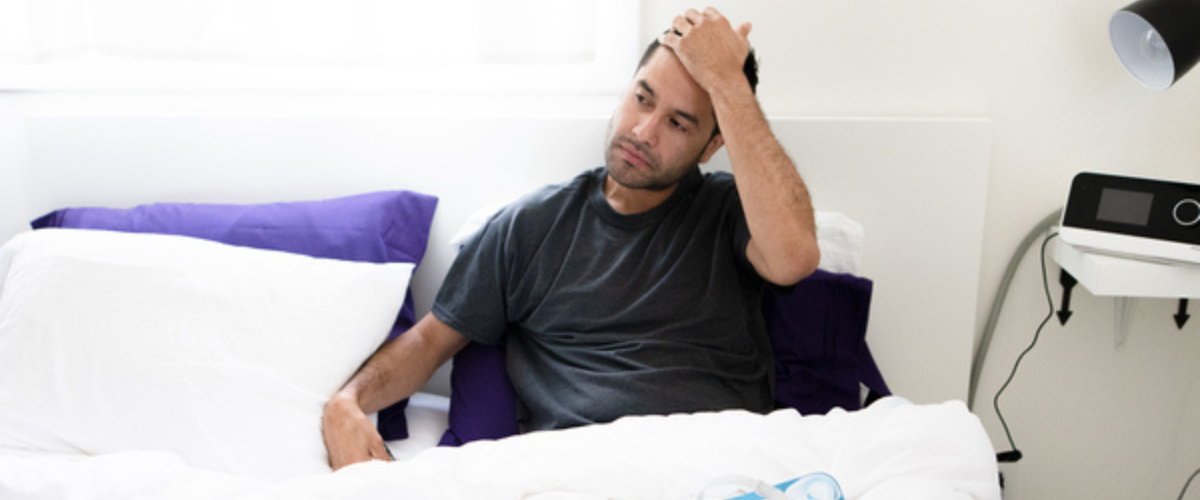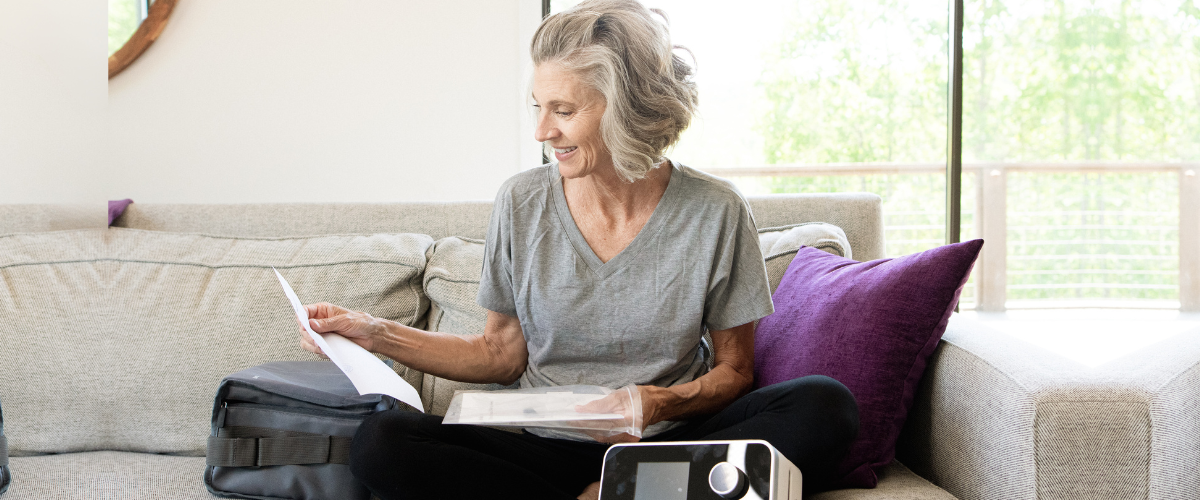If you have sleep apnea then it’s time to master a CPAP. While CPAP machines may be the most effective sleep apnea treatment, they can take some getting used to. If you’ve followed all of the tips for added comfort such as wearing your mask a few hours before bed, wearing it during naps, trying different mask types, and even using a humidifier, you aren’t out of luck. You simply may need a BiPAP or ASV.
Do You Need BiPAP or ASV?
A CPAP or Continuous Positive Airway Device delivers a constant stream of air to keep your airways open while you sleep. However, the pressure of the machine can be highly irritating for some patients.
Even though your insurance only covers a new CPAP machine every 5 years, you don’t have to wait that long to try a different machine. You can get a prescription for a BiPAP machine or ASV as a failed CPAP user.
What is CPAP Failure?
CPAP failure, more commonly known as CPAP intolerance, occurs when a sleep apnea patient is unable to acclimate to CPAP therapy. It’s basically when a person can’t tolerate it and are less inclined to use their device as a result. It can be caused by underlying health conditions and failure to comply with treatment is dangerous.
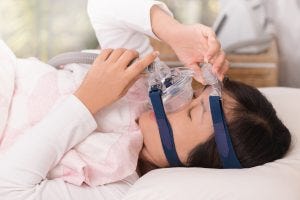
Complying with CPAP treatment is vital to your health, as sleep apnea can contribute to dangerous conditions such as obesity, diabetes, hypertension, increased traffic accidents, heart disease, and more.
Your CPAP machine also records your usage. So, even if it’s uncomfortable continue your treatment. The results can be sent to your doctor and they’ll let you know what steps need to be taken to make usage easier or if you need to try a different device.
Also, insurance companies have a ‘use or lose it’ mentality. So if they see failure to comply they may reject reimbursement for future supplies. It’s crucial for your health and reimbursement rates to continue CPAP treatment. However, if you just can’t get used to it, there are other options available. Simply speak to your doctor for BiPAP or ASV.
If You Need BiPAP
A BiPAP is a Bilevel Positive Airway Pressure device. The difference between BiPAP and CPAP is the dual pressure provided by BiPAP. It provides pressure as you inhale (IPAP) and a lower pressure as your exhale.
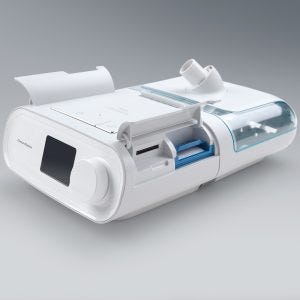
BiPAP machines are often more comfortable to use because they automatically sense your breathing pattern to adjust the pressure settings accordingly. This allows people to maintain a steady breathing pattern and helps those who find it difficult to exhale against incoming pressure.
This creates a major difference for CPAP users who struggle against a single pressure. BiPAPs are also recommended for users with conditions such as heart failure or lung disorders such as COPD, chronic bronchitis, and more.
To get a BiPAP prescription you must prove CPAP failure or intolerance. Which may sound difficult, but all you have to do is speak with your doctor. They will review your CPAP compliance history and can provide a prescription that may be covered by insurance.
If You Need ASV
ASV or Adaptive Servo-Ventilation is a form of noninvasive ventilation used for sleep apnea when all other methods fail. ASV machines are prescribed when patients aren't responding well to BiPAP therapy.
They’re able to help patients when they have irregular breathing habits when their respiratory patterns become too complicated for other devices to manage. Along with providing steady breathing patterns, ASV machines also automatically adjust blood oxygen levels to help maintain a healthy balance as levels should never dip below 30.
If you can't seem to tolerate your BiPAP speak with your doctor to review your compliance information. If necessary, an ASV will be prescribed and may be covered through insurance.


